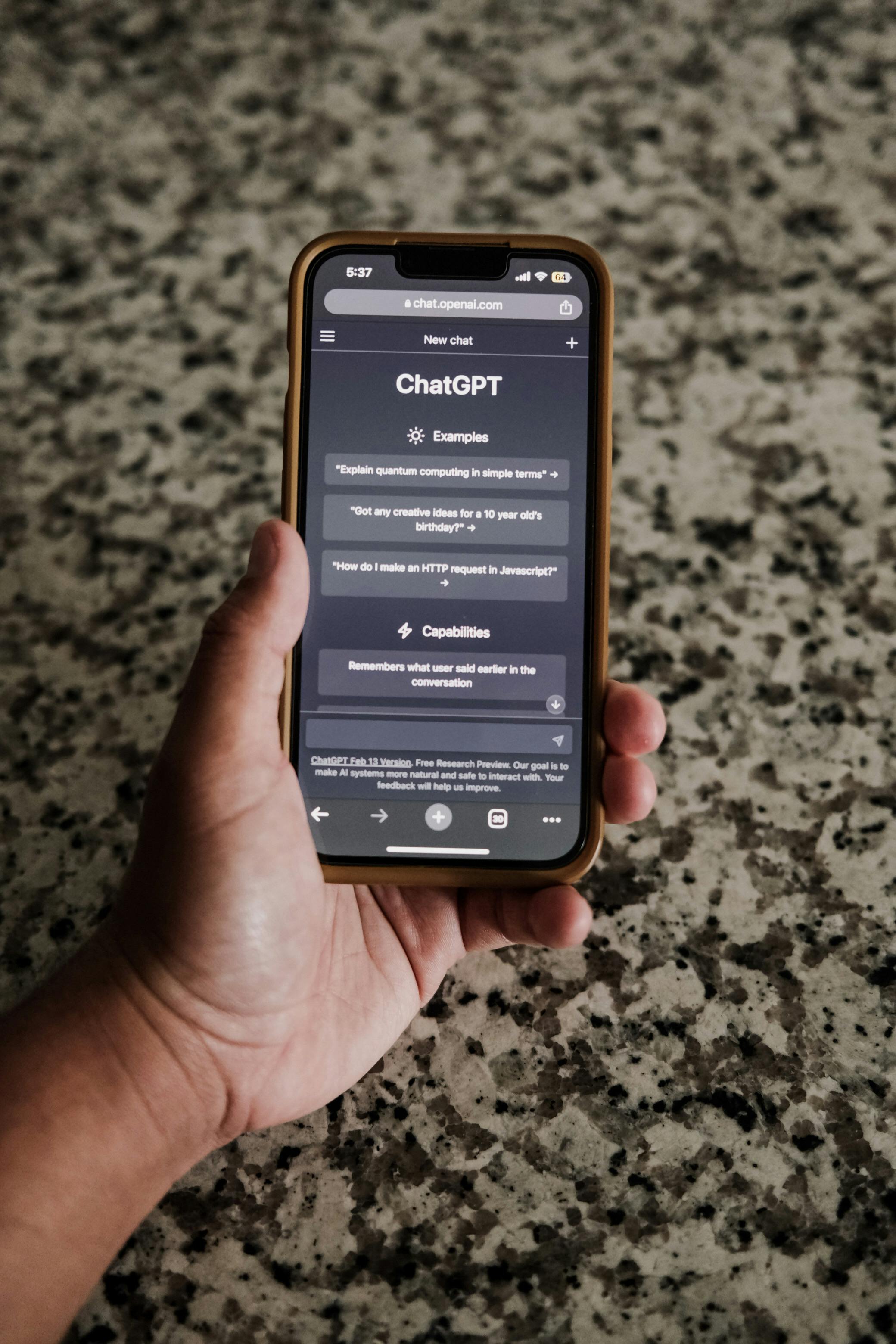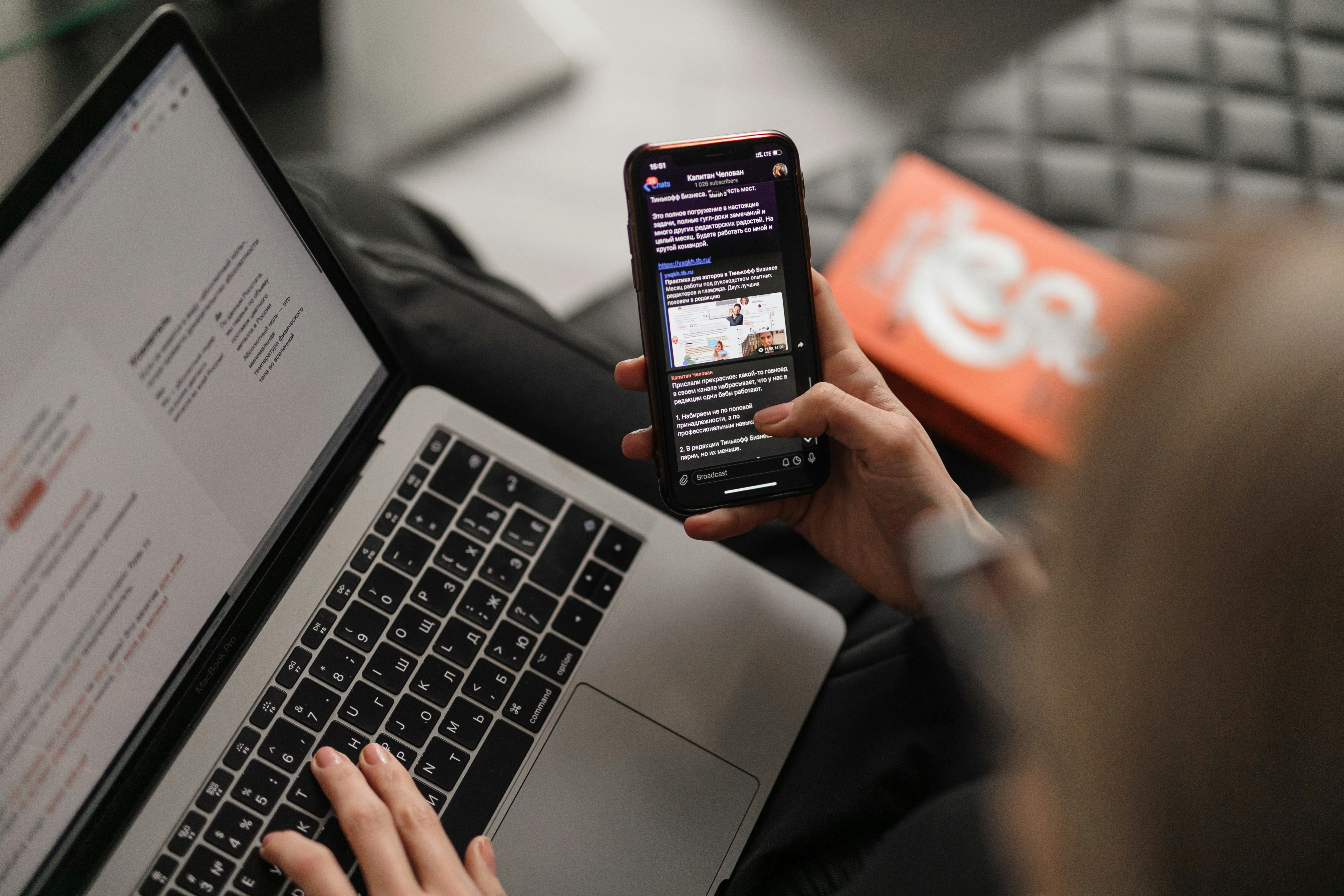Let’s be honest—tech has made learning English ridiculously convenient. You’ve got dictionary apps, YouTube teachers with catchy intros, AI tutors, and even subtitles for your favorite dramas. Sounds like the perfect toolkit, right?
Well… not always.
Sometimes the very tools meant to help you improve can quietly sabotage your progress. Not on purpose, of course—but through habit. Over-reliance on apps, passive scrolling, and multitasking might feel like learning, but they often leave you with less than you think. So let’s unpack that a bit. No judgment—just some clarity, some real talk, and a better way forward.
 The Translation App Crutch: When “Just One Word” Becomes Every Word
The Translation App Crutch: When “Just One Word” Becomes Every Word
We’ve all done it. You’re reading something in English—maybe a tweet, a message, or even a textbook—and a tricky word pops up. Out comes Google Translate. Easy fix, right?
But here’s the trap: if you reach for the translator every time you hit a bump, your brain stops trying. It’s like always asking someone else to lift weights for you and expecting to build muscle. You don’t just lose vocabulary growth—you lose confidence. You second-guess your instincts and forget how to guess meaning from context.
Try this instead:
- Look at the whole sentence and guess first. What’s the vibe? What’s happening?
- Write the new word in a notebook or app like Anki—but only after trying to understand it in context.
- Limit your translator use to emergencies—like medical forms or confusing government paperwork. Not casual chats.
You’ll be surprised how much you already know once you stop outsourcing your thinking.
Passive Scrolling ≠ Practice (No Matter How Cool The Captions Are)
TikTok teachers, language memes, and reels that promise you’ll “learn English in 60 seconds”? Tempting. Entertaining, even helpful in doses. But here’s the catch: watching English content without engaging your brain isn’t learning. It’s scrolling.
Think of it this way—watching five English videos back to back doesn’t magically build fluency if you don’t interact with them. That’s not studying; that’s zoning out with an accent.
Instead, be a bit more hands-on:
- Pause and repeat phrases out loud. Yes, even if it feels weird.
- Write down one new expression per video and use it in a sentence that day.
- Turn on subtitles—first in English, then challenge yourself with them off.
- Follow creators who encourage you to respond
There’s nothing wrong with fun. Just make sure your brain’s not asleep behind the wheel.
 Multitasking: The Silent Fluency Killer
Multitasking: The Silent Fluency Killer
Listening to a podcast while doing laundry or watching Netflix while texting your friend in Spanish? It feels productive. Like you’re “immersing” yourself in English while being efficient.
But let me tell you—your brain can’t split focus like that and still absorb a language. Language learning, especially listening, requires your full attention. You need to notice intonation, pacing, idioms, pronunciation—tiny details that multitasking erases.
It’s like trying to listen to song lyrics while scrolling through noisy group chats. You hear the beat, maybe a word or two, but the meaning? Lost in the background noise.
Try this approach instead:
- Set a 10-minute timer and just listen. No texting. No folding clothes. No distractions.
- Take notes as if you were in class—new words, grammar patterns, weird expressions.
- Play the same audio twice. The first time just listen, the second time write or speak.
- Give your attention like it’s a gift—because when it comes to listening skills, it is.
This might sound like overkill. But trust me—10 focused minutes will teach you more than 30 distracted ones.
So… Is Technology The Enemy?
Not at all. Technology is an amazing partner in your learning journey—if you’re the one leading the way. The trick is to stay mindful of how you’re using it. Are you leaning on it like a tool—or hiding behind it like a shield?
Here’s a short, honest checklist you can ask yourself:
- Am I learning or just watching?
- Am I practicing or just clicking?
- Am I engaging or escaping?
A little intention goes a long way. Even five minutes of focused effort can move you forward more than an hour of “just browsing.”
 Final Thoughts: Take Back Control (One Choice At A Time)
Final Thoughts: Take Back Control (One Choice At A Time)
Learning English doesn’t have to be serious all the time—but it does need to be real. If your goal is to get better—more fluent, more confident, more comfortable—then your daily habits matter more than the apps on your phone.
So choose one small thing today:
- Speak instead of scroll.
- Guess instead of Google.
- Listen instead of multitask.
You don’t need fancy tech to do that. Just your voice, your curiosity, and a little patience with yourself.
And hey—if you’re still reading this far, you're already doing better than you think.
Bonus tip
Set a weekly challenge: “No translator Tuesdays” or “Speak out loud Saturdays.” Make it a game. Invite a friend. Share wins and struggles. Language is connection—and that starts with you showing up.
Let tech support your journey. But never let it drive it.
You’ve got this.







